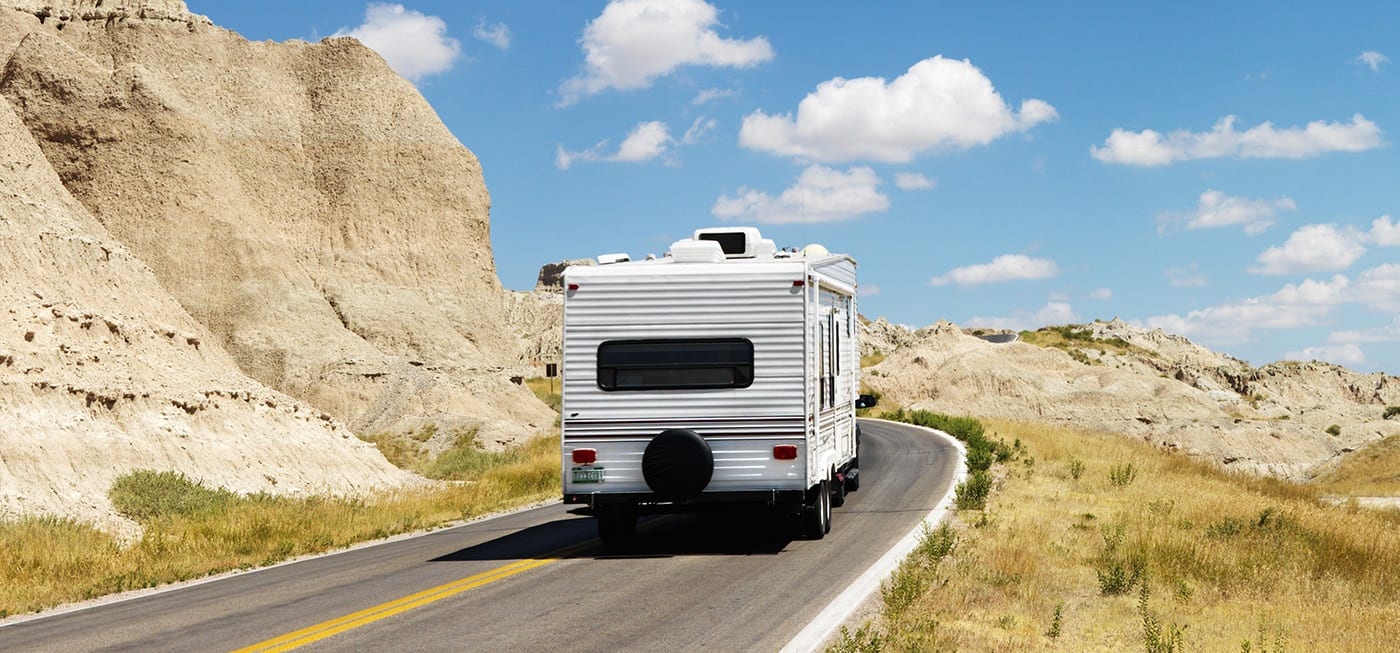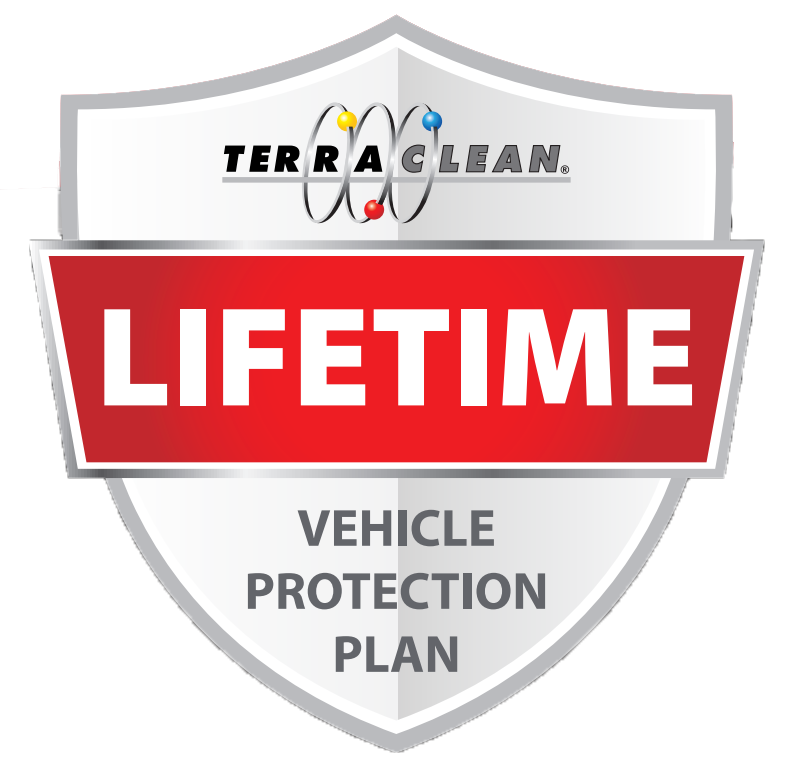Getting ready to haul a load to the Glenmore dump? Excited to think about hauling your camper or trailer up and down the Okanagan this summer? Before hauling that extra load, there are a few things you need to check.
Are you brakes going to stop that heavy load?
Your brakes should be in good condition. While hauling a heavy load, you need more distance to stop. Slightly worn brakes can be a hazard for you and others on the road. The general rule is to go slow, limiting brake usage as they may overheat. You may also want to make sure your brake fluid is in good condition and the system is free of moisture build up.
Prevent overheating!
The extra weight you are hauling will make your engine work harder. When your engine works harder it produces more heat. If your cooling system can’t keep up to the demand, it may result in overheating. Overheating can cause irreversible damage to your engine and put you in danger if it happens in a bad section of the road. Make sure your cooling system has been properly maintained reducing the risk of failure when you need it the most.
Will the load stay secure?
Make sure your load is properly strapped down. Smaller loose items should be covered and secured. Test you hidden hitch, chains, ball, and all attached parts are secure and tight. Not only do you want to prevent an accident, but also reduce the impact you yourself and others should something happen.
Springs and shock absorbers:
As you put more load on your vehicle, make sure you have a supportive suspension system that can handle it. Springs and shock absorbers should be in good working condition. Some vehicles have the option of getting heavy-duty springs and shock absorbers to improve the stability of the vehicle and make the ride is more comfortable while hauling heavy loads. Consider upgrading if you going to haul heavy loads often.
Are your tires up for the task?
Make sure you have the correct load rating tires equipped and are properly inflated. Proper tire rotations and wheel alignment will also help your vehicle handle the load with more control.
Prevent avoidable transmission damage
The transmission is one of the “hottest” spots in your vehicles drive train. Hauling heavy loads puts further stress on it, causing more heat. Over the course of time, this heat deteriorates the transmission fluid.
The result?
The deteriorated fluid can lead to varnish and sludge build-up in the transmission. Eventuality, this build-up can damage your vehicle’s transmission components leading to poor performance or complete stoppage.
Transmission failures are usually caused by overheating and contaminated transmission fluid. The good news is this is easily prevented with a transmission flush.





